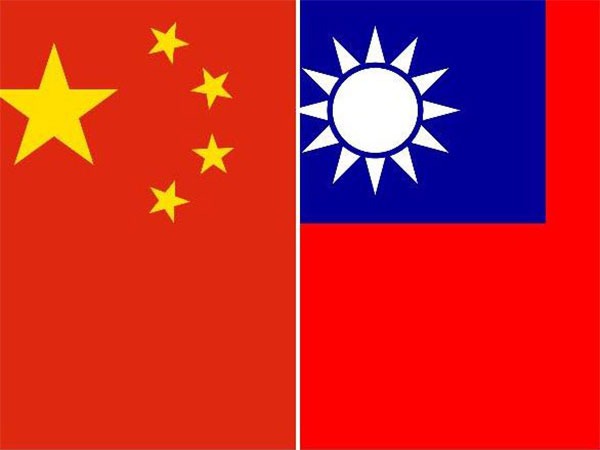Taipei [Taiwan]: Historian Stephen Wertheim has proposed a revaluation of US foreign policy toward China, with a specific focus on Taiwan, in a recent New York Times article.
He suggested that the next US president could “put America first” by pursuing a more cautious stance, particularly by strengthening the “one China” policy while offering Taiwan “stepped-up but conditional aid” as per the historian.
However, Wertheim’s approach relies on three fundamentally flawed assumptions about Taiwan, China, and the US role in the region, which overlook key historical and geopolitical realities, Taiwan News reported.
The first flawed assumption is Wertheim’s belief that China has been generally tolerant of Taiwan’s self-rule, provided Taipei refrains from declaring independence. Wertheim argues that Beijing was willing to allow Taiwan to maintain autonomy as long as it does not formally separate from China.
However, this view ignores the historical context of China’s attitude toward Taiwan. While Beijing may have appeared more tolerant during periods when it lacked the means to force a resolution, China has never fully accepted Taiwan’s autonomy.
Former Chinese Premier Zhou Enlai’s willingness to compromise on Taiwan was more about pragmatism in the context of US-China normalisation than a long-term strategy of peaceful coexistence. Moreover, Deng Xiaoping’s remark that China was “biding its time” further underscores that Beijing’s tolerance was a temporary strategy, not a permanent stance.
Today, under Xi’s leadership, China has escalated military pressure on Taiwan, signalling its growing impatience. The increase in military manoeuvres, including PLA aircraft incursions into Taiwan’s airspace, and China’s aggressive actions in the South China Sea demonstrate that Beijing is no longer content with the status quo.
The second flawed assumption is that the US is somehow preventing the peaceful annexation of Taiwan by China. Wertheim argues that the US has a responsibility to avoid closing the door on a potential peaceful resolution. However, this assumption overlooks the fact that Taiwan’s people have consistently rejected Beijing’s overtures for reunification, reported Taiwan News.
Taiwan’s resistance is not the result of US interference, but rather a deep-seated desire to preserve its democratic values and independence. Proposals like China’s “One Country, Two Systems” framework, which promised Taiwan a high degree of autonomy, have failed to gain traction, especially after the erosion of Hong Kong’s autonomy in 2019.
The US does not control Taiwan’s future, nor should it. Any suggestion that the US should abandon its position on Taiwan’s self-determination only serves to offer Beijing hope that Taiwan can be coerced into reunification without a military conflict.
The final flawed assumption is Wertheim’s belief that US-China relations could be reset through a grand bargain, where the US makes concessions in exchange for China’s cooperation. This view fails to understand the underlying forces driving China’s actions. China’s competition with the US is not merely a reaction to American pressure; it is rooted in nationalism, which is integral to the legitimacy of the Chinese Communist Party. Nationalism in China is driven by the belief in its “birth right” to return to a central position in world affairs. China views any US attempt to maintain its supremacy as a direct challenge to this vision. As such, offering China concessions in exchange for cooperation will likely be seen not as a diplomatic victory, but as a sign of US weakness.
Rather than bringing China to the negotiating table, such gestures could embolden Beijing to demand even more concessions in the future, Taiwan News reported.
While it is essential to approach US-China relations with caution, Wertheim’s proposal fails to consider the complex realities of Taiwan’s desires, China’s growing assertiveness, and the broader geopolitical context. His vision of a grand bargain with China ignores the deep-seated nationalism and strategic ambitions driving Beijing’s actions.


